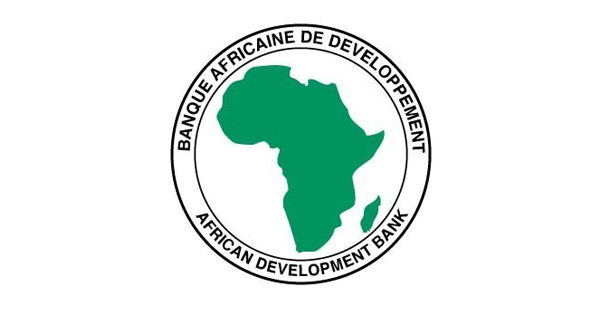By Muhammad Amaan
The African Development Bank (AfDB) has announced the approval of a fresh $500m loan to the Federal Government of Nigeria to finance the second phase of the Economic Governance and Energy Transition Support Programme, aimed at strengthening fiscal policies, driving energy sector reforms, and promoting climate action.
A statement issued by the Communication and External Relations Department official, Alexis Adélé, on Wednesday said the AfDB Board of Directors approved the loan during a meeting in Abidjan and that it covers fiscal years 2024 and 2025.
The statement read, “The Board of Directors of the African Development Bank Group, meeting in Abidjan, approved a $500m loan to the Government of the Federal Republic of Nigeria to finance the second phase of the Economic Governance and Energy Transition Support Programme. The policy-based operation is for fiscal years 2024 and 2025.”
The programme will target three key strategic areas to drive Nigeria’s economic and energy reforms.
“First, it aims to deepen fiscal policy reforms by strengthening public financial management systems and enhancing the transparency and efficiency of government spending.
“Secondly, the initiative will focus on energy sector reform, seeking to accelerate improvements in the power engineering sector. The goal is to reduce energy poverty, expand access to electricity, enhance sector governance, and attract greater private investment.”
The programme also aims to advance energy transition and climate action by supporting the implementation of Nigeria’s energy transition plan. It will promote climate change adaptation and mitigation efforts and introduce energy-efficiency standards for electrical appliances across the country.
Speaking on the programme, the Director-General of the African Development Bank’s Nigeria Office, Abdul Kamara, said the second phase aims to stimulate inclusive growth by fast-tracking structural reforms in the energy sector while supporting progressive fiscal policy reforms to boost non-oil revenues and expand fiscal space.
“The second phase of the programme aims to stimulate inclusive growth by accelerating structural reforms in the energy sector, while supporting progressive reforms of fiscal policy to boost non-oil revenues and expand fiscal space.
“The new phase will consolidate and build on the achievements of the first phase,” he added.
The programme will also update Nigeria’s Nationally Determined Contribution for the 2026–2030 period, aligning the country’s climate commitments with global targets.
Direct beneficiaries include key government agencies such as the Federal Ministries of Power, Finance, and Environment, the Federal Inland Revenue Service (FIRS), the Nigerian Electricity Regulatory Commission (NERC), the Debt Management Office (DMO), the Office of the Auditor General, and the National Climate Change Council of Nigeria.
Private sector actors are expected to benefit from an improved investment climate and expanded opportunities in energy projects across states, as the programme aims to foster public-private partnerships.
As of October 31, 2025, the AfDB’s active portfolio in Nigeria included 52 projects with a total commitment of $5.1 billion. This latest support underscores the AfDB’s continued commitment to Nigeria’s economic governance reforms, sustainable energy transition, and efforts to create a more resilient and inclusive economy.




